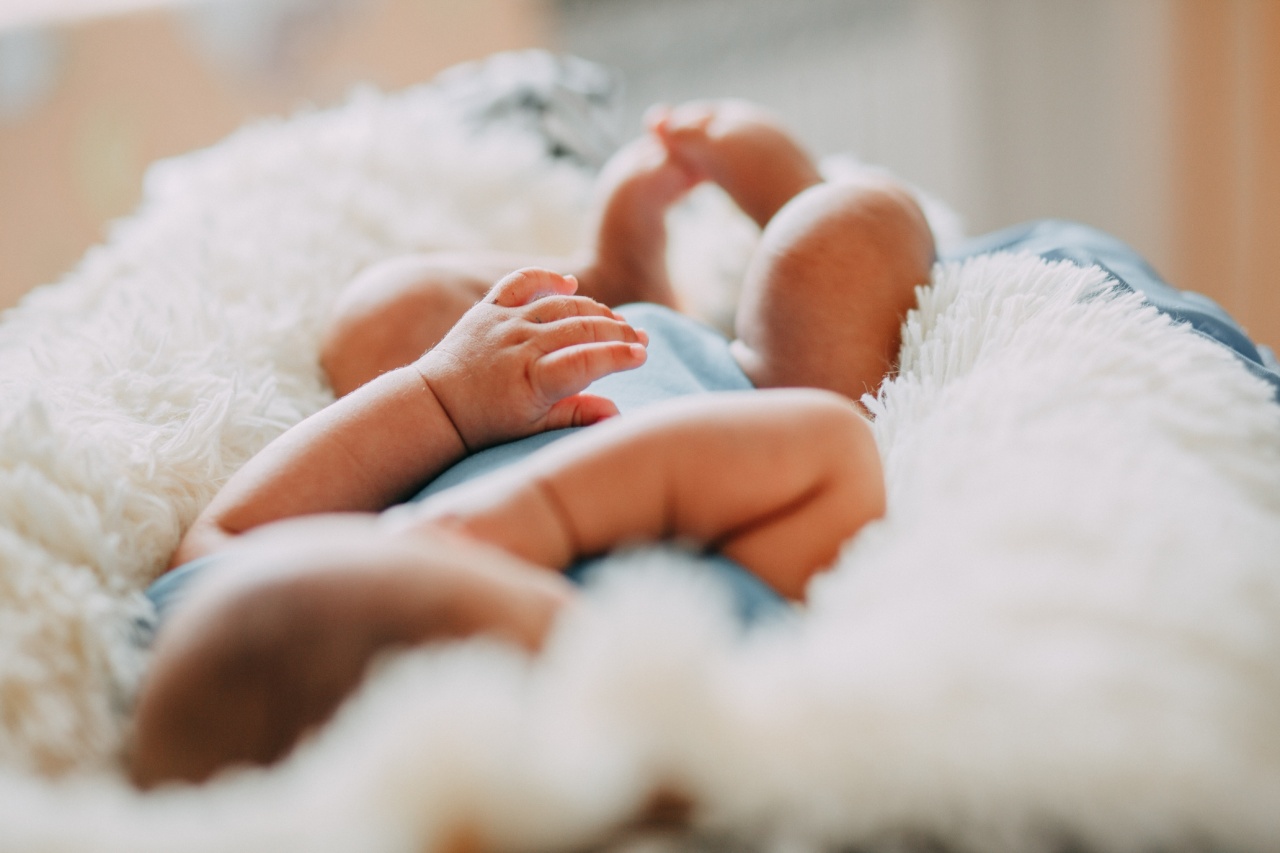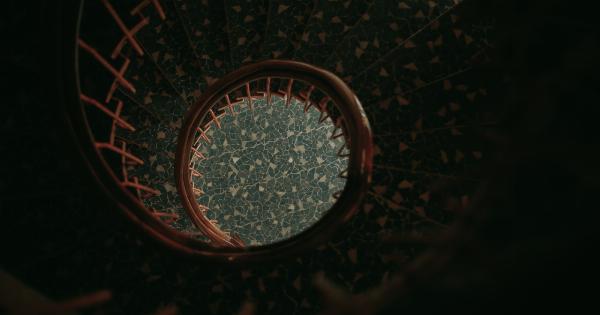Sleep plays a vital role in maintaining our overall health and well-being. It is during sleep that our body repairs and rejuvenates itself. However, in today’s fast-paced and stressful world, many individuals suffer from sleep deprivation.
Not only does lack of sleep affect our mental and physical health, but it can also have a significant impact on our skin. In this article, we will explore the various ways in which sleep deprivation can damage our skin.
1. Increased Appearance of Fine Lines and Wrinkles
Sleep deprivation can accelerate the aging process and lead to the increased appearance of fine lines and wrinkles. During sleep, our body produces growth hormone, which stimulates cell turnover and collagen production.
Collagen is responsible for maintaining the elasticity and firmness of our skin. When we don’t get enough sleep, our body produces less collagen, causing our skin to lose its elasticity, leading to the formation of wrinkles.
2. Dark Circles and Under-Eye Bags
One of the most visible signs of sleep deprivation is the presence of dark circles and under-eye bags. Lack of sleep causes the blood vessels under our eyes to dilate, resulting in a bluish-purple tint.
Additionally, sleep deprivation can lead to fluid retention, causing puffiness and swelling under the eyes.
3. Dull and Lackluster Complexion
When we sleep, our body increases blood flow to the skin, providing it with essential nutrients and oxygen. This increased blood flow contributes to a healthy and vibrant complexion.
However, when we are sleep deprived, the blood vessels constrict, reducing the amount of oxygen and nutrients that reach the skin. As a result, our complexion can appear dull, lackluster, and even sallow.
4. Increased Skin Sensitivity
Sleep deprivation can make our skin more sensitive and reactive. When we don’t get enough sleep, our body releases stress hormones like cortisol, which can trigger inflammation in the skin.
This inflammation can lead to increased skin sensitivity, redness, and even the development of conditions like eczema and psoriasis.
5. Impaired Skin Healing
During sleep, our body undergoes a restorative process that aids in skin healing and repair. Chronic sleep deprivation can impair this healing process, making it harder for wounds, scars, and skin conditions to heal.
Lack of sleep can also disrupt the balance of hormones in our body, leading to delayed wound healing and increased risk of infections.
6. Increased Acne and Breakouts
Sleep deprivation can worsen existing acne and contribute to the development of new breakouts. Lack of sleep disrupts the natural balance of hormones in our body, particularly cortisol and insulin.
Increased cortisol levels can stimulate the sebaceous glands, leading to excess oil production and clogged pores. Additionally, sleep deprivation can weaken our immune system, making it harder for our body to fight off acne-causing bacteria.
7. Uneven Skin Tone
When we lack proper sleep, our body produces less melatonin, a hormone that regulates our sleep-wake cycle. Melatonin also has antioxidant properties and protects our skin against oxidative stress.
Reduced melatonin levels can lead to increased oxidative damage, causing an uneven skin tone and hyperpigmentation.
8. Increased Signs of Photoaging
Sleep deprivation can exacerbate the damage caused by sun exposure and accelerate the signs of photoaging.
When our body’s natural repair processes are interrupted due to lack of sleep, the harmful effects of UV radiation on the skin are amplified. This can lead to an increase in sunspots, freckles, and other signs of premature aging.
9. Poor Skin Barrier Function
Our skin barrier is responsible for protecting our skin against environmental aggressors and maintaining moisture levels. Lack of sleep can disrupt the barrier function, leading to increased transepidermal water loss (TEWL) and dryness.
This can make our skin more prone to irritation, redness, and flakiness.
10. Increased Likelihood of Allergic Reactions
Sleep deprivation can weaken our immune system and make our skin more susceptible to allergic reactions. Lack of sleep can disrupt the balance of immune cells in our body, leading to an overactive immune response to potential allergens.
This can manifest as redness, itching, and irritation on the skin.





























